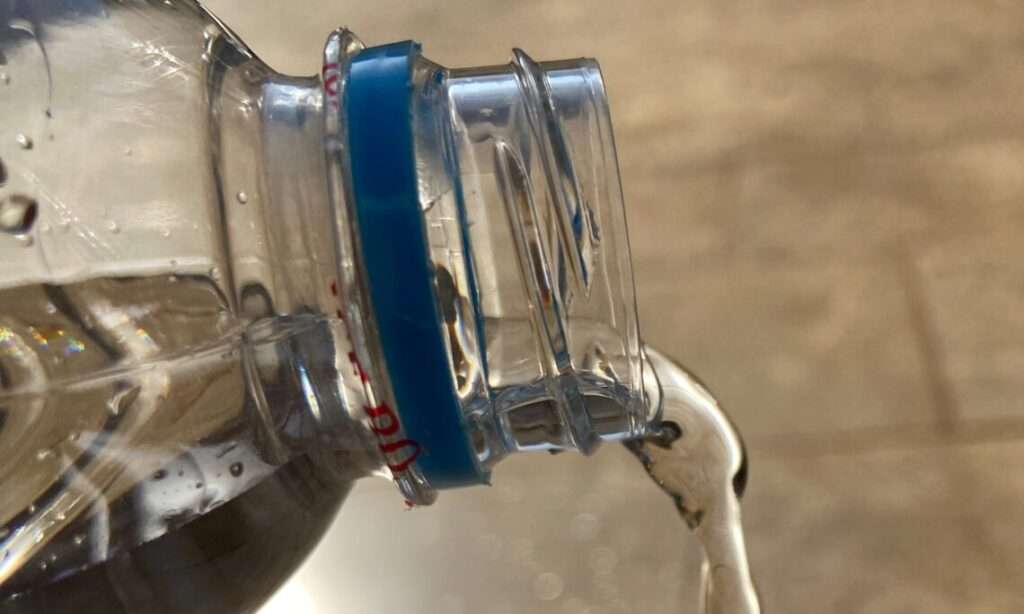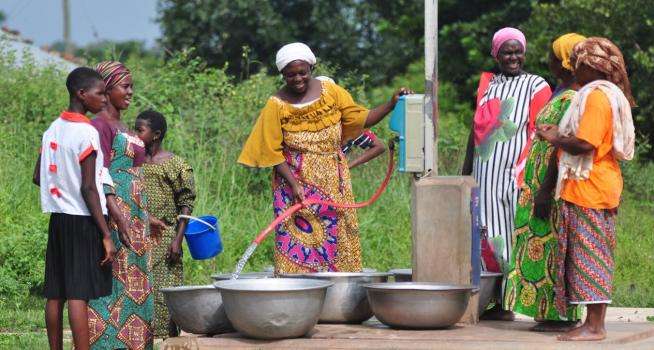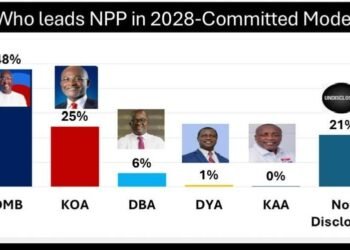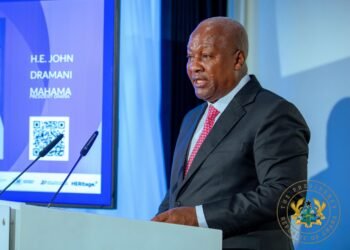As the Ghanaian elections draw near, Parliamentary Candidates (PCs) are underscoring their commitment to critical issues affecting their communities.
WaterAid Ghana organized town hall meetings in the Zebilla and Bongo constituencies to foster dialogue between parliamentary candidates and their constituents regarding water, sanitation, and hygiene (WASH) initiatives, as well as climate resilience policies.
The event allowed candidates to outline their plans and respond to community concerns.
WaterAid Ghana took the lead in organizing these town halls to create a platform for the parliamentary candidates to engage with local communities on pressing issues.
By doing so, the organization provided an opportunity for community members to learn about the candidates’ positions and proposed policies on water access, sanitation, and climate change resilience.
This town hall meeting was designed to facilitate dialogue between candidates and constituents, helping candidates understand the urgent need for effective WASH and climate resilience policies in the region.
In addition to presentations, the town halls allowed the candidates to respond to questions from community members, who raised pressing concerns about access to clean water, the state of sanitation facilities, and the impact of climate change on these essential services.
Meanwhile, Community members had the opportunity to express their concerns directly to the candidates, helping ensure accountability and transparency should they be elected.
Commitments from Zebilla Constituency Candidates

In the Zebilla constituency, the two main parliamentary candidates — the NPP’s Dr. John Kingsley Krugu and the NDC’s Ebenezer Ndebilla — addressed the audience directly. Both emphasized the importance of investing resources and time into addressing climate resilience, as well as improving water, sanitation, and hygiene facilities.
Reflecting on his personal experiences with inadequate WASH infrastructure, Ndebila shared,
“In a rural district like ours, access to water is a problem, and the same goes for access to sanitation facilities. Many of us grew up just running into the bush to do our own thing.
When I was running for primaries, I went to places where, when they fetch the water for me to drink, it was very difficult for me.”
Dr. John Kingsley Krugu NPP Parliamentary Candidate
This personal account resonated with community members, who are all too familiar with these challenges.
similarly, Ebenezer Ndebilla highlighted his commitment to improving WASH infrastructure in healthcare settings. He explained,
“To get to most of the health centers, there’s no water. Patients come to the hospital, they go out defecating around the hospital or the health center. They come back, and there’s no water to even wash their hands.”
I have taken it very seriously that if given the nod, I would work tirelessly to ensure that I lobby institutions of interest to make sure we provide water systems to most of our health facilities within the constituency or district.”
Ebenezer Ndebilla NDC Parliamentary Candidate
Community members in Zebilla expressed satisfaction with the candidates’ commitments, noting that the pledges aligned with their most pressing needs.
Disappointment in Bongo Constituency Representation
In the Bongo constituency, however, the town hall meeting did not go as smoothly. Neither of the parliamentary candidates was able to attend in person, instead sending representatives on their behalf.
This decision left many community members feeling dissatisfied, as they were unable to engage with the candidates directly.
One community member voiced his disappointment:
“I was highly disappointed. I wanted them to be here so that any person that I ask, I will hold them responsible if any of them happens to win the election.”
A Participant
The dissatisfaction extended to the representatives themselves, as another attendee noted, “The representatives did not even answer most of our questions.”
Concerns were further amplified by ongoing issues with local water infrastructure.
“WaterAid is able to give us a mechanized borehole. But it got to a time when we had a breakdown. So, we took the machine to Tamale, and the cost, we couldn’t bear.”
A Participant
He explained that despite writing numerous letters to the local assembly for support, they had yet to receive any assistance.
“I was expecting that the DCE would have been here so we could ask her whether she’s aware of that.”
A Participant
The Need for Climate-Resilient WASH Policies

As the election approaches, the focus on WASH and climate change underscores the urgent need for policies that prioritize the well-being of residents in the Upper East Region.
Water, hygiene, and sanitation are foundational to improving health outcomes and fostering sustainable development.
“The effects of climate change continue to threaten access to basic services, especially for the most vulnerable among us.”
WaterAid Ghana
Both candidates and constituents recognize that addressing these challenges requires a multi-faceted approach.
By working together, WaterAid Ghana believes that candidates, communities, and advocates can create a lasting solution to these urgent issues.
WaterAid Ghana believes that by working together, both communities, the candidates, and other advocates, we can create a lasting solution.”
A Call to Action
WaterAid Ghana’s town halls highlight the immediate need for climate-resilient WASH policies to serve vulnerable communities in the Upper East Region.
The sessions not only provided a platform for candidates to pledge their support but also allowed community members to hold them accountable.
Through these town hall meetings, WaterAid Ghana is ensuring that WASH and climate resilience remain high on the agenda as the country prepares to vote.























